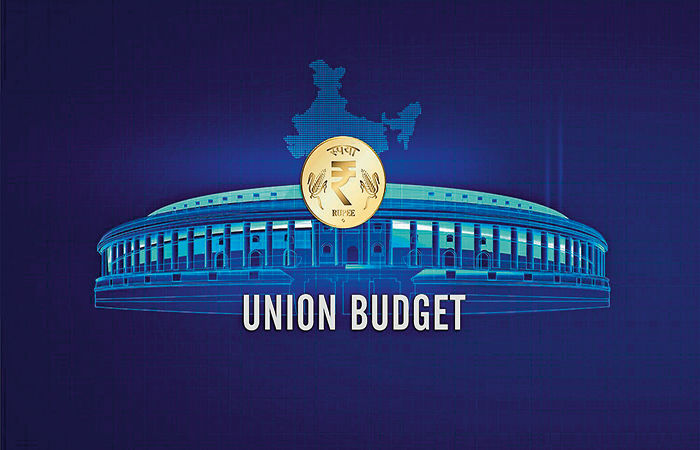In the budget, increasing the import duty to make India self-sufficient, the situation is like a camel getting crushed while taking out a goat

Several examples of increased smuggling due to higher import duties
In the budget for the next financial year to be announced on February 1, there were reports of an exercise by the finance ministry to increase customs duty on at least 30 items ranging from electronics to jewellery. It is believed that the customs duty on high-priced electronic equipment, plastic goods, jewelery etc. will be increased. The motive behind this is to provide encouragement to local industry by reducing imports in the country. Imports of non-essential goods subject to duty can be reduced. On the other hand, there has been a demand to increase the duty on tobacco products to reduce consumption. It is being suggested that the government can increase the revenue by increasing the excise duty on tobacco products.
Duties are a handy tool to increase the revenue in the exchequer for any country, not only to increase the demand for domestic products, the policy of increasing the duties is adopted. An increase in duty reduces imports of those products but reduces the amount of them made available in the market through official channels. The experience so far says that due to the increase in the import duty of gold and other products in the country, there has been an increase in the smuggling of these products.
Due to high import duties which are unaffordable for the industries using those goods, the industries become uncompetitive or they have to procure the relevant goods through illegal channels.
The government has been proposed to reduce the tax on daily consumption items in the budget to protect retailers from goods being smuggled into the country and sold cheaply. Illegal trade has increased in the country due to high taxes on daily consumption items. Tax deductions can reduce smuggling. Due to high taxes, smuggling and sales of fake goods are increasing in the country. It has been argued on behalf of the retailers that lakhs of retailers in the country also have to become part of this system to survive in the competition.
Due to high duties on gold and imported cigarettes in the country, its smuggling has also increased. Smuggling not only creates a homogenous economy but also increases the flow of black money in the country and gives rise to organized crime. Examples include reduction in customs duty on gold in the early stages of liberalization to reduce smuggling and increase imports through formal channels. However, there was a change in the method of applying the duty and now the import duty is levied as a percentage of the value of the gold. At present, a total of 18 percent duty is levied on gold.
Thus there are reports of increase in gold smuggling due to increase in duties on gold. A recent report said that India's gold refineries have almost stopped importing raw gold and unrefined gold. As unofficial market sources provide huge discounts to market rates on gold, this has reduced the trading margins of refineries. Most of the refineries operating in India have stopped their operations and it has become difficult for them to honor long-term contracts. After the import duty on gold was increased in July 2022, the gold smuggling business has become active again.
Now that there are reports of a move to increase the customs duty on a number of items, especially electronic goods and jewelery in the next budget, and if the import duty is increased, the possibility of smuggling of these items is not ruled out.
The current government seems to have become overly protectionist to protect its current account deficit. The obsession with imports is being blamed for the failure of the Make in India program vigorously launched by the present government.
Measures taken by India in the past like raising tariffs to reduce imports have also been seen to backfire. In addition to reducing competitiveness, measures to increase import duties have been experienced as harmful to consumers and reduced exports. In such a situation, the question whether the government should take measures to reduce imports by increasing the duty has become a point of discussion.
The Government of India is also making imports uncompetitive to make the Make in India program a success, but any increase in duty on imports that are essential or in high demand will lead to increased smuggling of those goods. In the coming budget, the country's policy makers and industries will be most focused on the self-reliant India program of the government. It will also be interesting to see how the Finance Minister defines the policy of protectionism.
Comments
Post a Comment